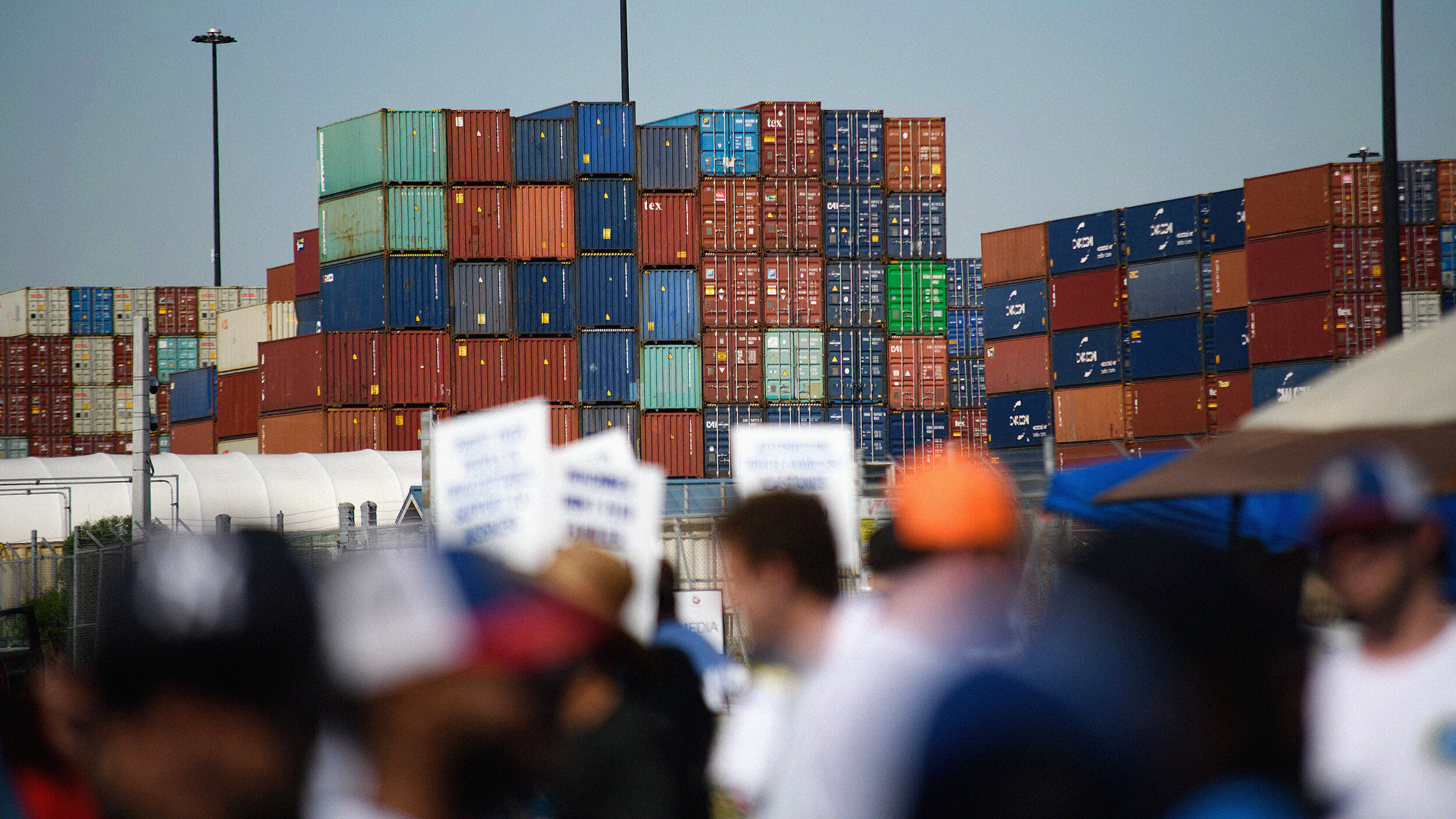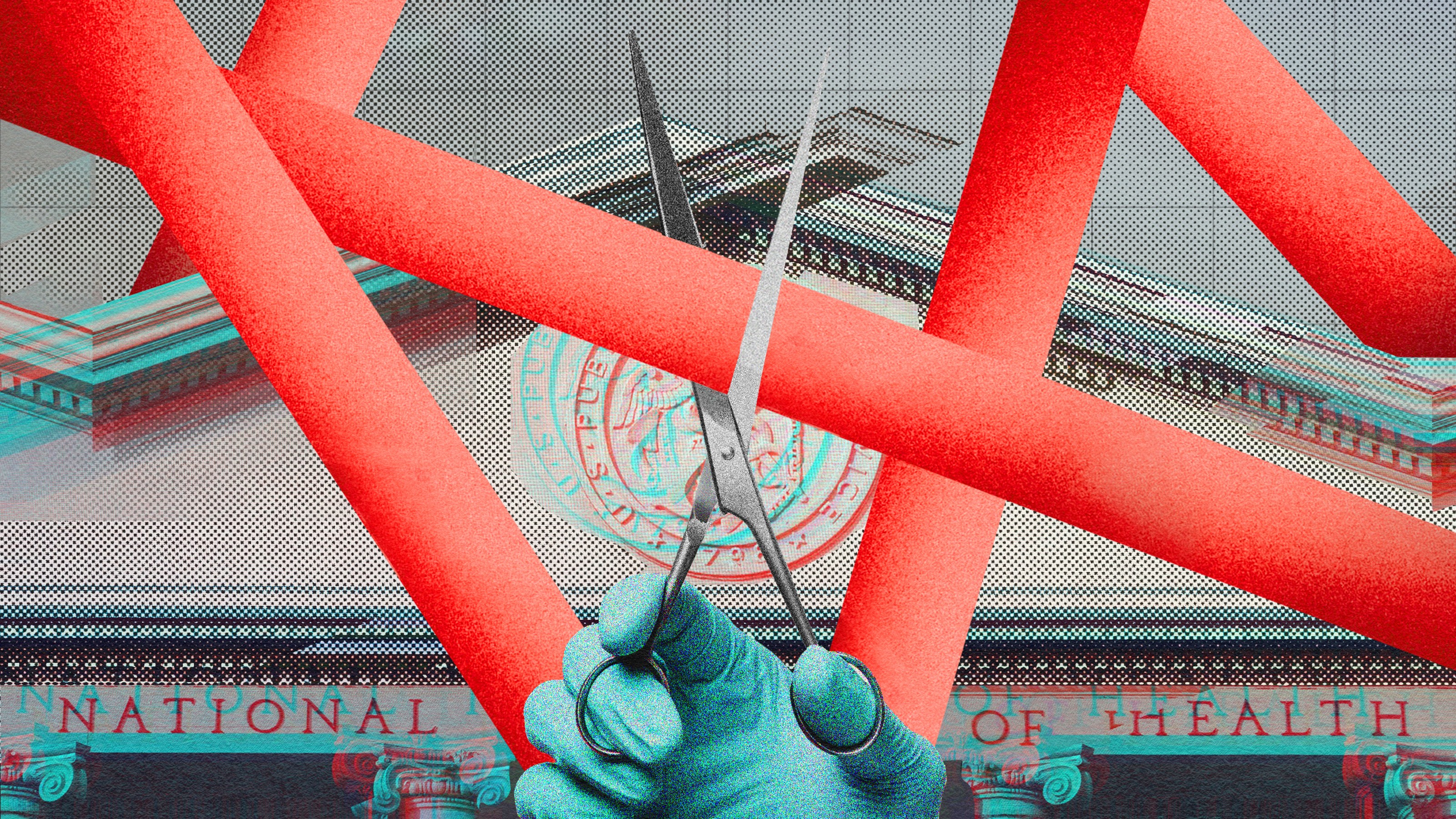Dickson Despommier reassures us that vertical farming is ultimately safer than traditional farming.
Question: What risks are involved with growing food indoors?
Dickson Despommier: The only risk of raising food period, is that somehow you’ll lose it. So if you design an urban landscape that included a single giant indoor farm, and something horrible happened to it like someone decided to
just blow it up well that’s tragic. You can’t have your whole food supply disappear all in one shot, however, it happens all the time. We call those hurricanes, tornadoes, droughts, floods, insect pests, bacterial diseases, viral diseases, food insecurity is the rule. Not food security. Remember it’s an ecosystem out there that we’ve disturbed and it’s getting even with us. It’s trying to get back to where it was. We did that to them. If we did that to them, then it’s like the little Dutch boy trying to hold back the flood by sticking his finger inside the dike, eventually the water will win. I can tell you right now. This little Dutch boy grew up and watched the whole damn
thing change back to the way it was because the Dutch realized the water table is rising. They’ve going to give the Zuiderzee back to the ocean. They don’t need these dikes any longer, right? There’s another country that wants to farm vertically. And in fact Holland and China have an agreement now to invent urban agriculture. I had the privilege of being at that meeting last year so I know that on the books now there are many, many, many groups working on this process, so what we need to do is combine forces into research institutes, based on these
prototype buildings for various crops to make sure that we know how to monitor for diseases. We treat our crops like we treat ourselves. We
care about what the temperature is inside. We care about our comfort zone. We know what their comfort zones are. We can’t control them
outdoors but we can certainly control them indoors, so why haven’t we done this? What’s missing? And I know what’s missing. The Courier and Ives prints and the adbills [ph?] and the traditional farmers. We think that’s natural but basically it’s only been around for about 15,000
years. That’s not very natural in terms of evolutionary process, so since we are evolving, let’s evolve to the next step. The next step is
take control over the things that you really need, and then diversify them. Once you’ve learned how to do it in a small scale, connect them
to restaurants, schools, hospitals, senior citizens. Diversify the whole thing so that no matter what would happen your food supply is
still safe. Now, there’s an Israeli designer for an apartment complex in which the gray water is separated from urine and feces. We can’t do
that here, but they’ve designed buildings now that you can do that for. They take all the gray water and use it in hyrdoponic farming. Every
apartment has a hydroponic farm.
Question: Why can't we do that here?
Dickson Despommier: Oh, where shall I start? The reason why we can’t do it here is probably
archaic building codes, unions, business as usual, it will never work, and besides if it did, it will put me out of business. I mean there are
a whole lot of reasons why we haven’t done it. In fact I was at a meeting last year in Los Angeles talking to some very interested and I think committed-socially people at the Annenberg Foundation, and they brought their lawyers to listen to this idea too, and one of their lawyers said “We can’t use piss for fertilizer!” He actually said that. I didn’t think of the answer at the time of course, but I did later and that is one of the ingredients in fertilizer is urea. Do you know what urea is? It’s crystallized piss. It’s as concentrated a piss as you could possibly imagine. I would have loved to have said that to this guy, but of course I couldn’t. One of the big issues in Los Angeles is the reuse of gray water. It’s against the law to use it. I said “Change
the law.” Guess what? They’re changing the law. Not because I said that, but because although I would have loved to have thought that was
true, they’re changing it because they have to. Okay, so when you start to have to conserve water at that level, that’s when our genomes kick
in and solve these problems. Well, how much more of a crisis do you need before vertical farming gets invented? And I’ll tell you in five
years from now if you invite me back, if we’re both still here, then the biggest idea will be hey, this actually happened.
Recorded on: 6/10/08





